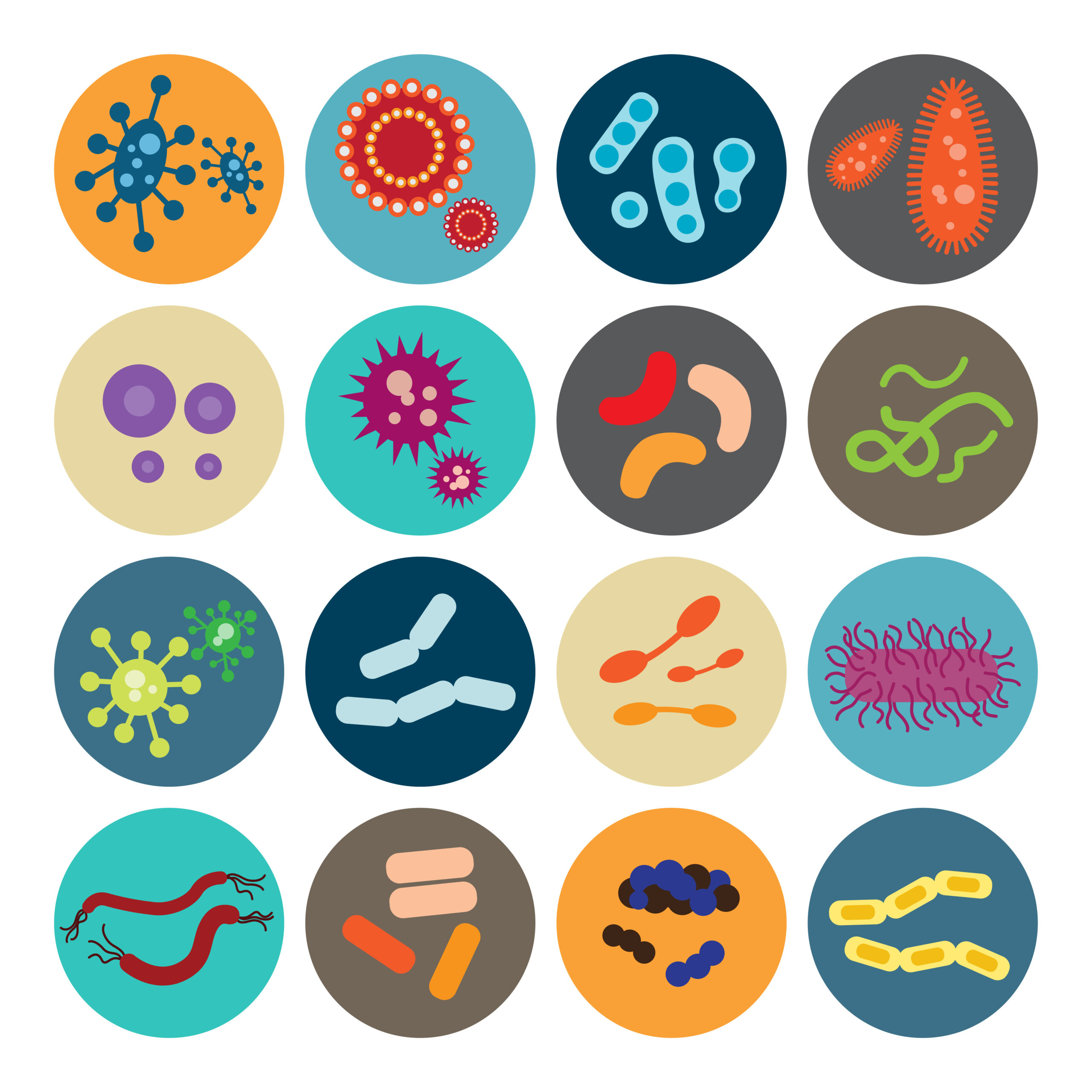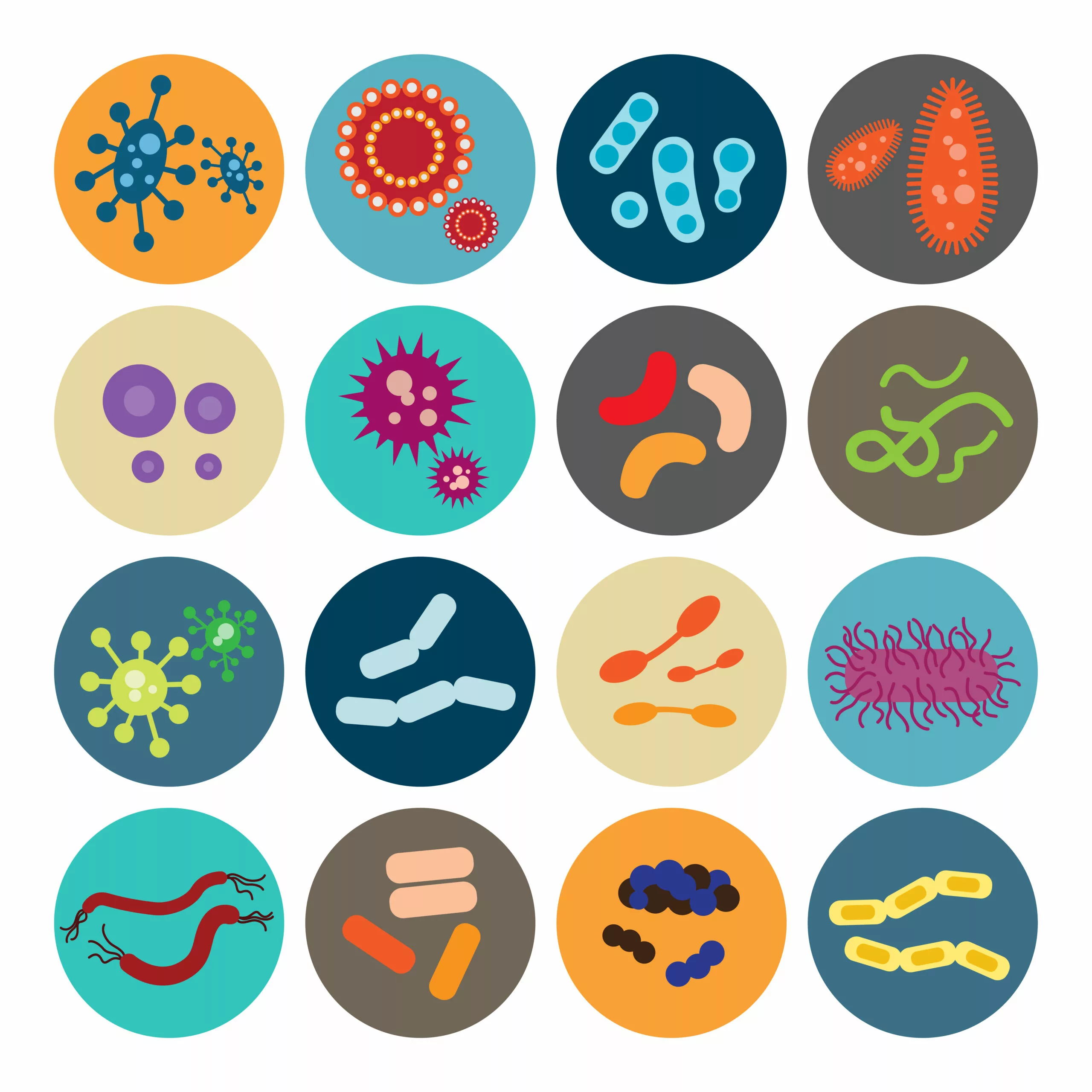There are growing concerns that on-farm antibiotic use is harming public health by contributing to antibiotic resistance in people. But, what is the connection between antibiotics used in food animals and the risk of human antibiotic treatment failure? It’s a tough question and a scientifically-verified answer is not readily available.

It’s a serious issue and there’s rising public concern, but worry about on-farm antibiotic use does not translate to risk. In order to have “risk” there must be a connected pathway from the farm to the person who becomes ill.
As noted by the late Dr. Scott Hurd, an associate professor of Veterinary Diagnostic and Production Animal Medicine at the Iowa State University College of Veterinary Medicine and former Deputy Undersecretary for Food Safety at USDA, risk assessment allows us to piece together a complex puzzle.
“Without a causal pathway, it’s like finding a gun in somebody’s closet and concluding that the homeowner committed the crime,” said Hurd. “You have part of the evidence, but it does not provide a causal pathway. A lot of things must be discovered before you get to the real culprit.”
Let me see if I can better explain what we know and don’t know. We know that through the natural course of evolution, bacteria, which are hard wired to survive, can pick up traits that lead them to be resistant to antibiotics. We also know that the use of antibiotics in an animal leads to an overall decrease in bacteria, improving food safety and animal health. The issue of resistance relates to any remaining bacteria, which may have a higher likelihood of resistance to the specific class of antibiotic used. But, the occurrence of resistant bacteria on the farm does not in itself constitute a risk or create harm in people. And so far, the scientifically-established direct link is between antibiotic use in animals and antibiotic resistance in animals – not animal use linking to human resistance. In other words, human antibiotic use is the primary driver of human antibiotic resistance, as is broadly acknowledged in the public health community.
Some people think antibiotic resistance in humans results from antibiotic residue in the meat they eat from animals that have been treated with animal health products. There is no evidence to date that supports this claim. It is important to note that strict federal laws and requirements are among the safeguards in place to prevent unsafe residues in meat.
In order for resistant bacteria on the farm to cause harm to people through food, several things must occur, including a breakdown in the system of protections:
- Resistant bacteria must be present in the animal when it leaves a farm
- The bacteria must survive sanitation steps at the processing plant
- The meat must be undercooked to enable bacteria to survive (cooking to the proper temperature kills bacteria)
- The resistant bacteria must cause illness in the person
- The person must receive medical attention and the antibiotic therapy must involve the same class of antibiotic used on the farm
- The patient must get worse or fail to recover due to the resistant infection
A wise man once told me “If you think you understand antibiotic resistance, then someone hasn’t explained it to you properly.” All joking aside, antibiotic resistance is a complex issue with no single cause and no single solution. There are unanswered questions about the link between animal use and human resistance and researchers continue to study the issue. Until we have conclusive answers, the best source of information is sound science in the form of peer-reviewed and published studies, and to date there are very few studies related to crossover (animal to human) risk.
Critics have told me that I should assume or accept that there is a connection because we know antibiotic resistance is occurring in people. Those same critics are ardent advocates for basing conclusions on science. I’ve asked them to send me the science behind any such assumption. I’ve not received any to date. The bottom line is this: Basing information on scientific studies is the best way I know of to ensure the information I am providing is accurate.
Antibiotic resistance is a global health concern that all of us take seriously. Medical doctors are working hard to reduce antibiotic use in humans, just as veterinarians and farmers are making changes to limit the use of antibiotics on the farm. Regardless of the known level of risk, it is clearly in our best interest to ensure responsible use of antibiotics. The agricultural community wholeheartedly supports continuing research so we all have a better understanding of the risks associated with antibiotic resistance, as well as potential solutions.
As always, I welcome your comments and questions. Send me an email at AskDrDorman@pahc.com or call me at 1-844-288-3623.
